
SCHOOL
Nourishing Schools aims to develop young changemakers who take charge of their own nutrition and that of their communities.

SCHOOL
Nourishing Schools aims to develop young changemakers who take charge of their own nutrition and that of their communities.

SCHOOL
Nourishing Schools aims to develop young changemakers who take charge of their own nutrition and that of their communities.
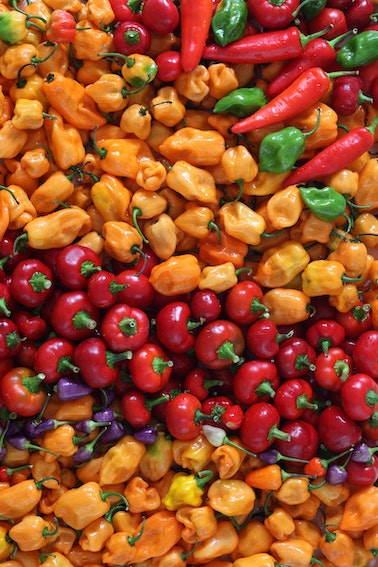
One in every nine people in the world is hungry, and one in every three is overweight or obese. The problem starts young, almost a quarter of all children under 5 years of age are stunted (chronically undernourished). Malnutrition affects countries irrespective of their income and progress is slow.
Many nutrition interventions focus on the 1000-day window i.e. the period from conception till the child is two years of age. However, pregnancy is too short a period to build the iron stores required to meet the needs of a growing foetus. Therefore, women who enter pregnancy anaemic are at an increased risk of birthing children with low birth weight, delivering pre-term newborns, and/or dying while giving birth. It’s therefore critical to target adolescent girls and boys to improve their nutrition awareness and nutritional status, as they are both “Future Parents”. We believe that a key solution lies in giving such future parents the tools to take charge of their own nutrition and that of their communities. Through the Nourishing Schools initiative, we are reaching out to children aged between 9-14 years through their schools and surrounding communities.
This holds incredible possibilities. What if we could change not just methods, but mindsets? What if we could not just increase the supply of nourishing food, but the demand for it as well? Often, it’s the ‘what ifs’ that create what will be.
We have developed a toolkit that teaches children about improving nutrition in a fun and impactful manner. It also enables communities to broaden agriculture’s focus from merely increasing incomes to improving both incomes and nutritional status. In partnership with school headmasters, teachers and local farming groups, we’re focused on creating change from the ground up. Since inception, our work has reached over 330 schools across more than four states in India, impacting over 95,000 schoolchildren.

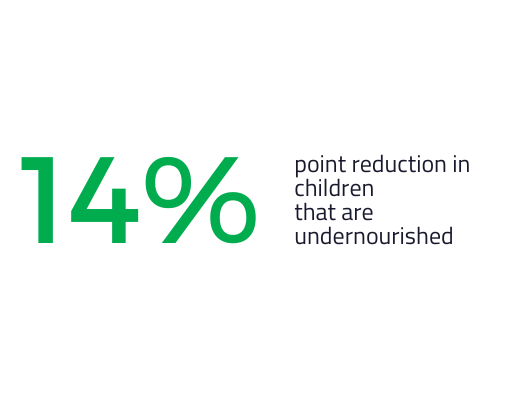
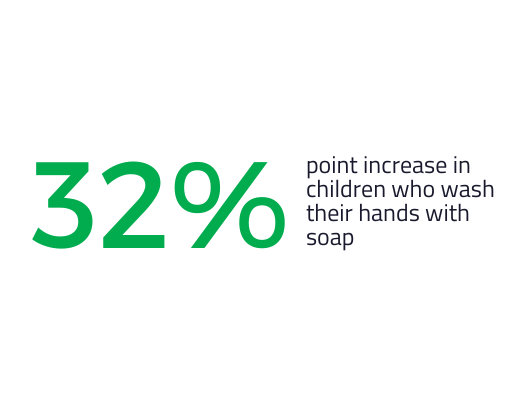
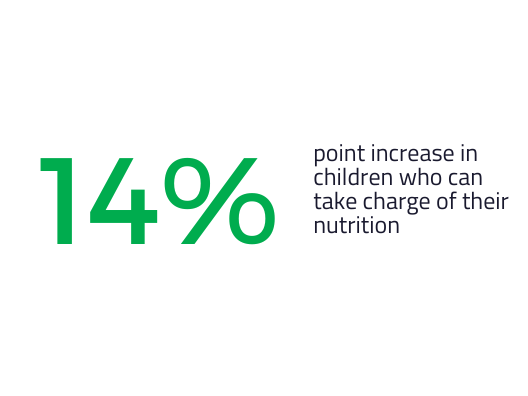


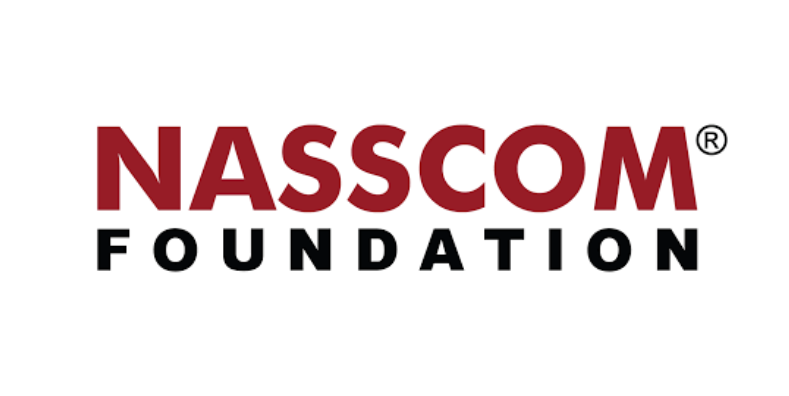
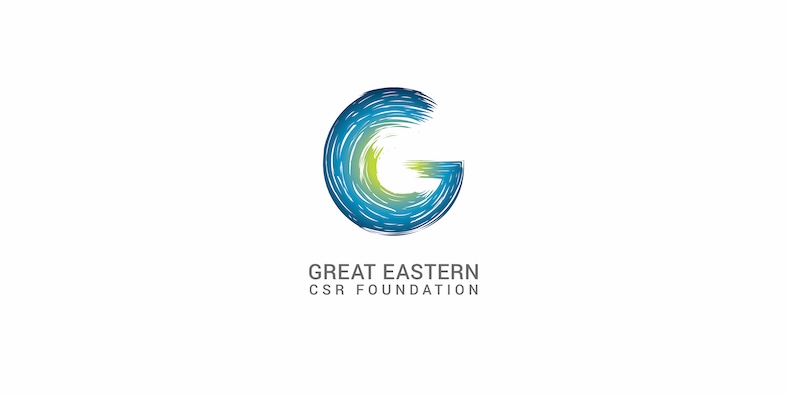
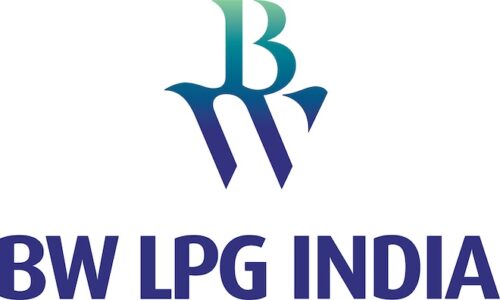
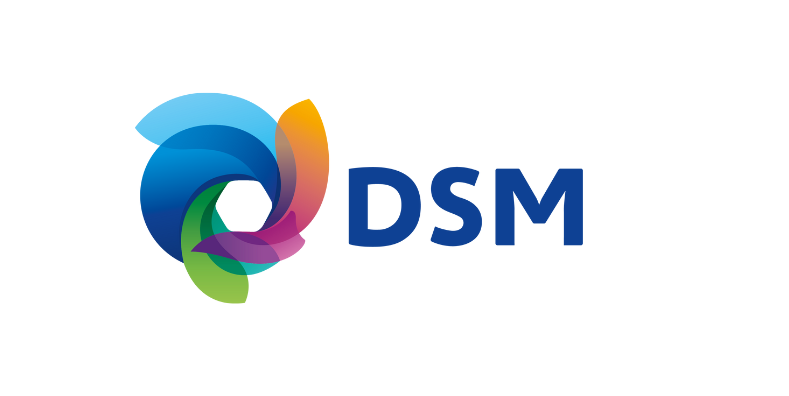
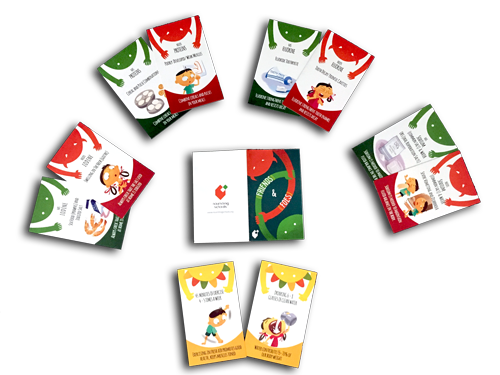
The Nourishing Schools programme has been designed as a toolkit, which allows for its easy adoption and implementation across schools, and eventually, states.
The process is collaborative, so that the organisations and schools that partner with us can adopt its modules effectively. For example, teachers and students can share their feedback to improve its success.